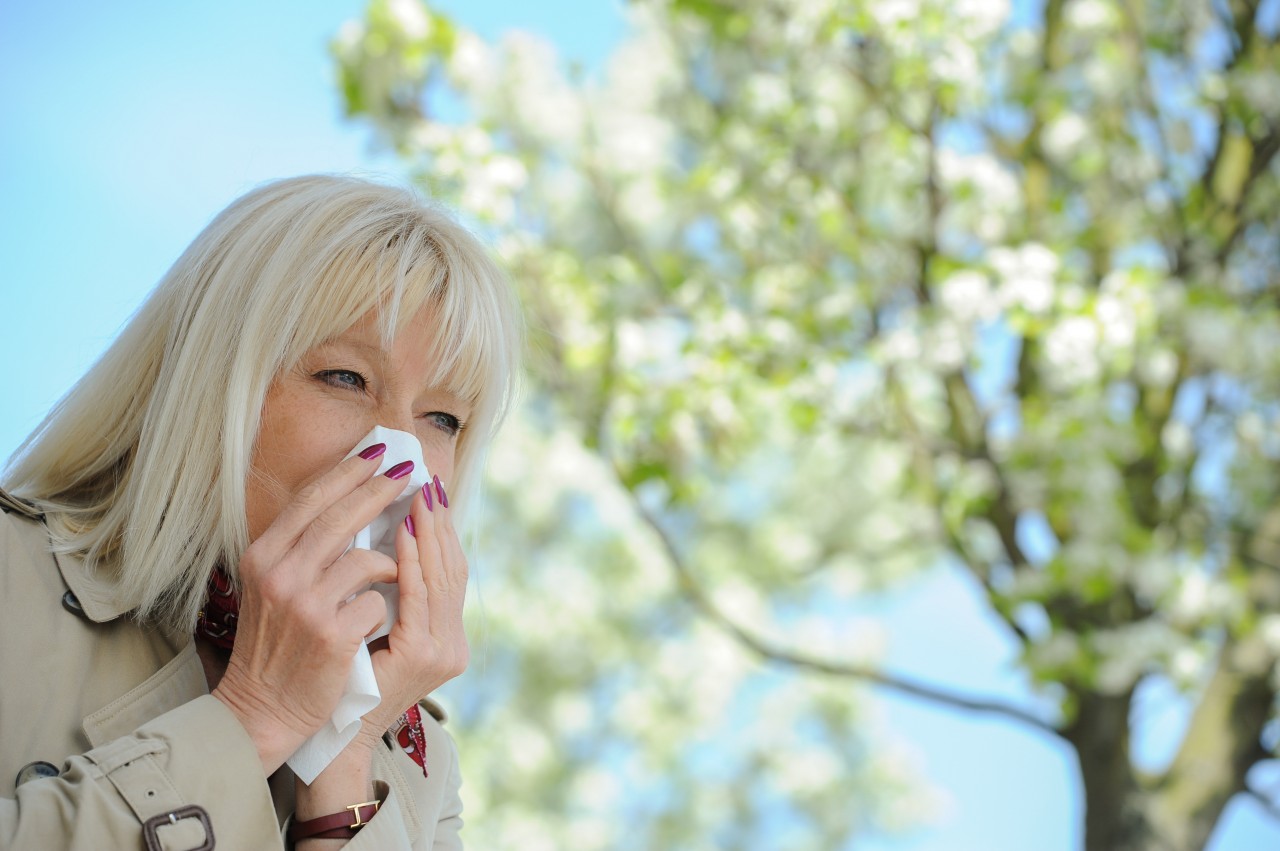Search
press Enter to search and ESC to close.
Spring Allergies & Respiratory Illnesses

Spring is in full swing and that means the onset of spring allergies! The blooming trees, flowers, grasses and bushes, while heralding warmer weather and the prospect of summer, also bring allergies and respiratory challenges.
When is allergy season?
Technically allergy season is year-round, due to indoor allergens like dust and dander that exist even during cold weather. But for the spring time of year, the outlook starts in March and extends into late summer and early fall. Expect tree pollen in late March and early April; grass pollen in May and the tenacious weed pollen to extend throughout most of the summer. When the fall season is upon us, ragweed pollen will ensure that allergy season sticks with us until the first frost.
Environmental allergens
Allergies occur when our immune system detects a substance that it considers harmful or dangerous. This triggers the production of histamine that causes inflammation and then an allergic reaction. Environmental allergies, like what we experience in the springtime, enter the body through the mouth, nose or eyes and cause dysfunction in the upper respiratory system.
Respiratory Allergies
Allergens affect different parts of the body. Some allergies affect only the skin, causing itching or rashes, while others are more invasive. Respiratory allergies affect our airways and organs that help us breathe. While everyone may be allergic to different things, the symptoms generally present in the same manner:
- Sneezing
- Red, Itchy Eyes that Water
- Coughing
- Nasal Congestion
Seniors and Respiratory Allergies
Allergens don’t discriminate by age, so seniors are not spared the seasonal woes of a pollen invasion. However, seasonal allergies may take a backseat when doctors are more focused on larger medical conditions in their patients.
Respiratory allergies can be especially dangerous for seniors who may already have chronic conditions that affect their heart and lungs. Congestion can lead to difficulty breathing that is worrisome for a person with COPD, pneumonia or other respiratory conditions.
It is important for caregivers to keep a close eye on seniors to see if they exhibit signs of allergies, especially if they have pre-existing conditions that affect breathing. Treating allergies quickly is very important to head off aggravating cardiovascular or breathing conditions that may be present.
Traditional antihistamines often used to treat seasonal environmental allergies, are not always the safest choice for seniors. The side effects of antihistamines often include drowsiness, dizziness and confusion. For older Americans, these side effects can contribute to falls and urinary tract infections (due to urine retention)
Surviving Allergy Season
While it is virtually impossible to fully avoid exposure to environmental allergens, a few lifestyle changes can help curtail the impact.
- Minimize outdoor time during high pollen count days. Most weather forecasts include pollen counts so you can determine the level of allergens in the air. Plan outside time to avoid the days that have high pollen counts.
- Invest in a HEPA filter. These filters can remove allergens from the outside before they enter and circulate through the home.
- An air purifier can help with indoor allergens like dust and pet dander.
Villas Senior Care Community
The Villas Senior Care Community in Sherman, Illinois provides comprehensive nursing care to seniors. Both short-term and long-term nursing care is available. The nursing team will work with the pharmacy team to ensure any symptoms of allergies are treated appropriately and with other medical conditions and prescriptions considered.
